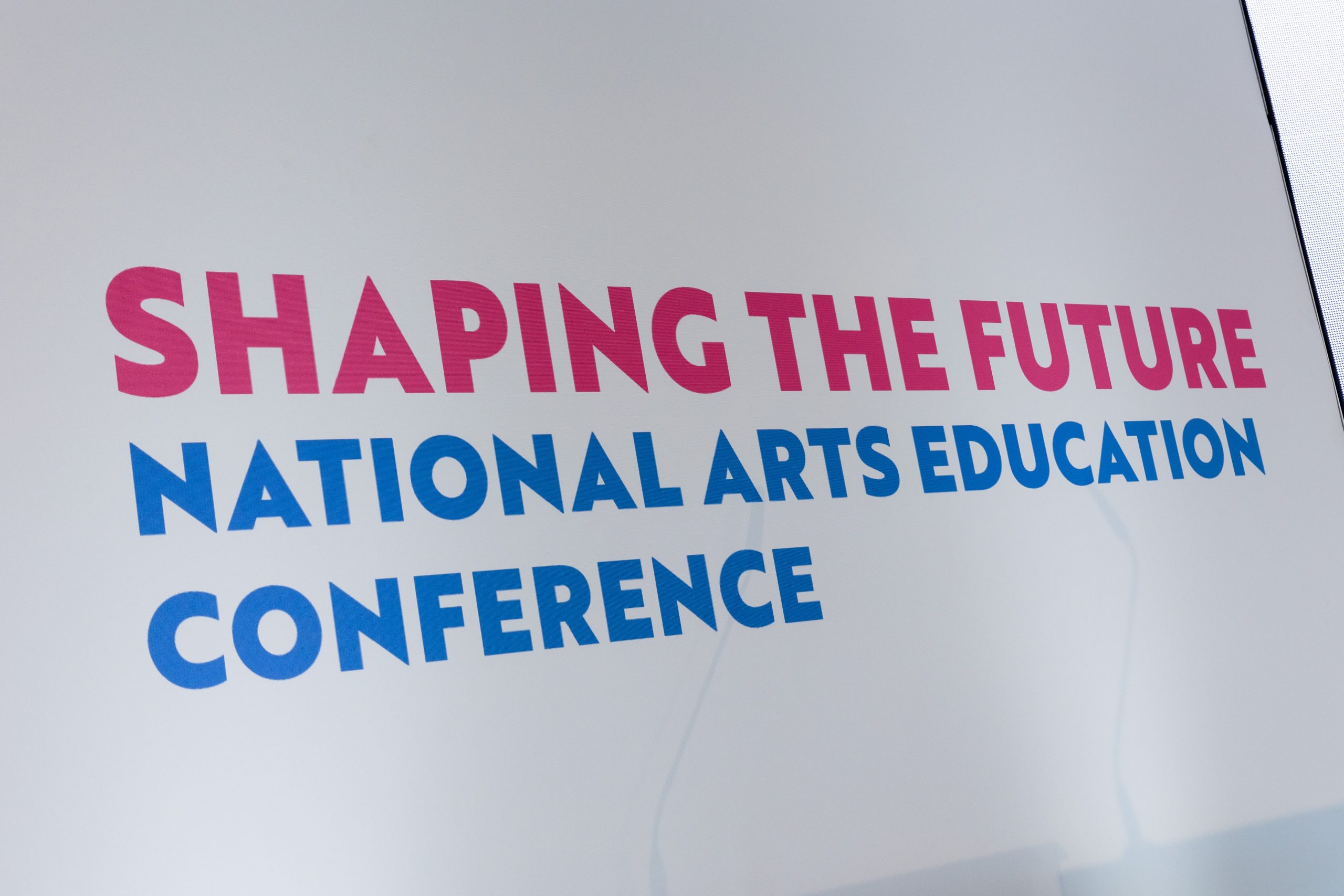Taking up ACM’s invitation to share some thoughts on the subject of research in arts projects, I felt the need to take stock of how COVID-19 in Malta has impacted the arts scene. An interesting angle on the matter may to be gained by looking at how arts projects have taken on the pandemic through research.
Since my educational and practical formation has gravitated towards cultural policy for much of my adult life, my main interest in carrying out this assessment stems from a governance and policy perspective. This is true of most pieces of research, writing and also activities I tend to pursue. As a sort of bonus I seem to have benefited from, addressing the pandemic through the lens of cultural policy has been a way of grappling with the challenges we currently face.
A good friend of mine, poet and professor of Maltese literature Adrian Grima, often told me how metaphors may be ideal in helping us understand situations around us.[2] One may argue that arts projects are living metaphors for social circumstance, and research is one important way of interpreting our living conditions thanks to our internal creative processes and work.
The Polish philosopher Zygmunt Bauman’s metaphor of life in the twenty-first century as one of being immersed in ‘liquid modernity’ has been commented on, among others, by the Italian sociologist Carlo Bordoni. Indeed, Bordoni seems to strike a chord with the ongoing uneasy climate when he notes that ‘the current condition of our world’ is one ‘in which insecurity, uncertainty, and individualism are the dominant players’.[3]
However, one of the strengths of Bauman’s image is, quite aptly, its flexibility and malleability with which to effectively address different situations. Therefore, one may refer to quite a different interpretation of this idea when considering Roman Batko’s analysis of a liquid organisation in order to reflect on the engaging dynamic structure of contemporary society that encourages interaction, as well as the values that creative collaboration brings to daily practices in the arts and culture.[4] Bauman’s compatriot, a professor of management who studied Polish literature, thus opens up positive possibilities for greater social wellbeing, in spite of the many challenges our communities come across.
In current contexts, one may refer to distancing and possibly a growing wariness to engage with other people in, say, closed environments. However, other challenges may be more traditional, and powerful, because already well established in our perception of others and how and why we related to one another.
The pervasive nature of neoliberal capitalism has arguably manifested itself further in society’s response to the difficulties posed by coronavirus in the way we deal with other people, groups as well as institutions, including theatres, gallery spaces, universities and public and/or private activities aimed at significant numbers of people, such as festivals, natural parks, heritage trails and amusement parks. There seems to exist a general mistrust of those actions for which motivations may not be clear and that may appear as threatening. The fear of the pandemic may have led many to expect more rigid levels of codification in relation to our behaviour towards each other. And arguably, the monetary value we assign to actions may appear to be the safest code, because based on a transactional and profitable nature.
Arts processes seem to be responding to the challenges brought on by COVID-19 by applying their research faculties and resources to resist simply finding ways of resorting to pre-pandemic economic and social conventions that devalued much arts practice by ironically rendering it a mere activity or project that only made sense within the framework of the cultural and creative industries. Efforts towards achieving a balance between what worked, and what may generate novel interactions, may sustain yet more research to come.
[1] https://www.sounddiplomacy.com/better-music-cities
[2] https://adriangrima.org/about/english/
[3] https://www.cairn.info/revue-internationale-de-philosophie-2016-3-page-281.htm#
[4] https://bit.ly/356mYOL. In practical terms, like many of my peers, I have been fortunate to be part of a few such collectives. One global example is an informal network of young adults addressing UNESCO-inspired cultural diversity actions through networking projects http://u40net.org/who-we-are/about-us/; one Maltese one is founded by a group of female artist activists operating under the name Lab for Creative Disruption.
Words by Karsten Xuereb.
Photo by Kixott.

